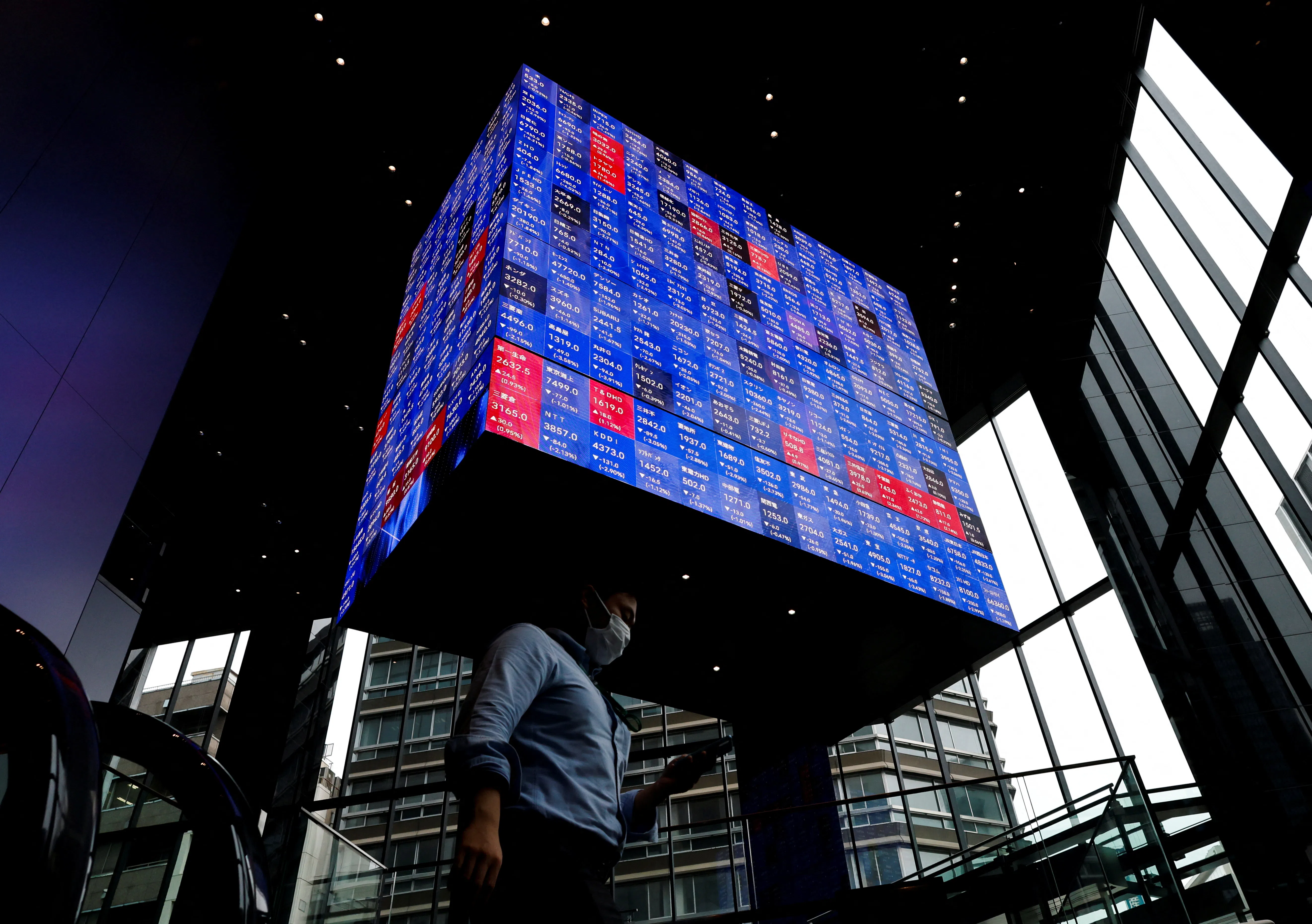Japanese stocks posted their steepest weekly fall in a month on Friday (Oct 4), as Prime Minister Shigeru Ishiba’s seemingly shifting stance on interest rates roiled the yen and unsettled investors, while shipping shares dropped after a US dock strike ended.
Though the Nikkei rose 0.2 per cent to close at 38,635.62 for the day, it ended 3 per cent lower for the week.
The broader Topix was up 0.4 per cent to 2,694 and down 1.7 per cent this week.
Ishiba, an erstwhile critic of the Bank of Japan’s aggressive monetary policy easing, won the backing of his ruling Liberal Democratic Party in a leadership vote last week and set off a surge in the yen.
That has reversed since he struck a dovish tone this week, saying Japan is not in an environment for additional rate hikes, and on Friday he called for a stimulus package to cushion rising living costs.
However, the losses in stocks, which tend to move in the opposite direction to the currency, have not fully recovered.
BT in your inbox
Start and end each day with the latest news stories and analyses delivered straight to your inbox.
Uniqlo parent Fast Retailing rose 1.5 per cent and contributed most to the Nikkei’s modest gain on Friday. Sanyo Shokai jumped 10.5 per cent after the clothier announced a buyback.
Oil and coal, rising with oil prices on concerns over a widening war in the Middle East, and financials were among other gainers.
Shipping companies led losses, falling after a faster-than-expected resolution to a US dock workers strike.
Kawasaki Kisen slid 9.7 per cent, Nippon Yusen, which hit a record high on Thursday, dropped 9.4 per cent and Mitsui OSK Lines fell 6.4 per cent in its heaviest trading day in 18 months.
“The early end of the ILA dockworkers’ strike is negative for the container shipping markets as the downward pressure on freight rates will resume,” Linerlytica container shipping analyst Hua Joo Tan said. REUTERS






